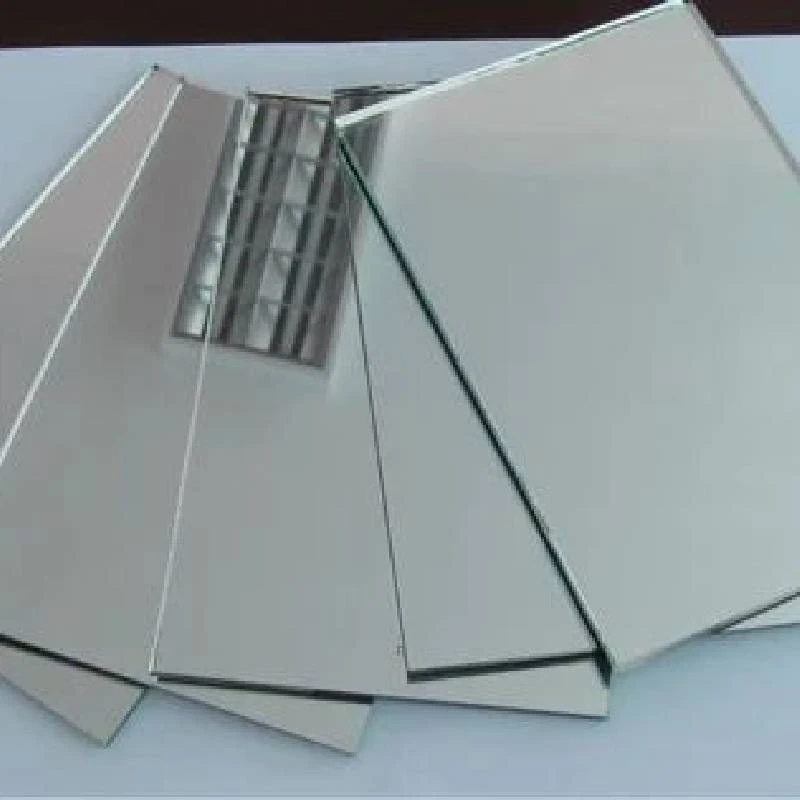Decorative glass, a versatile and aesthetically pleasing material, is transforming modern interior and exterior design. Its popularity stems from its ability to enhance light, provide privacy, and add a touch of artistic flair to any environment. Whether used in residential, commercial, or public spaces, decorative glass showcases both functionality and elegance.

Integrating decorative glass into home interiors is a revered art among designers. Its reflective properties make spaces appear brighter and more spacious, a perfect remedy for dimly lit or cramped environments. From intricate stained glass windows to elegant frosted glass partitions, the use of decorative glass can tailor the ambiance of a room to suit personal preferences. Expert interior designers often incorporate decorative glass in bathrooms or kitchens, utilizing its water and heat resistance without compromising on style. The transformation of a simple wall or door using etched or colored glass can add an entirely new dimension to an otherwise plain interior.
The commercial sector is also reaping the benefits of decorative glass. In office settings, it fosters an atmosphere of transparency and modernity. Glass walls and doors with delicate patterns allow for private conversations while maintaining an open office feel. Retail businesses utilize decorative glass to attract customers, crafting vivid displays that showcase products in an unforgettable way. The intricate designs not only captivate potential customers but also enhance the overall shopping experience.

One cannot overlook the pivotal role of decorative glass in architecture. Architects and builders are increasingly choosing glass as a primary material due to its durability, energy efficiency, and adaptability. Decorative glass facades create stunning visual exteriors that capture and play with natural light, enhancing the building's appeal. In public buildings, stained or colored glass is frequently used to convey cultural or historical narratives, turning windows into storytellers of a community's heritage.
decorative glass
Ensuring the quality and longevity of decorative glass requires expertise and precision. Professionals in the glass industry must understand the nuances of glass cutting, coloring, and treating techniques. This expertise guarantees that each piece of decorative glass is not only beautiful but also safe and durable. Industry standards dictate that safety comes first, especially in high-traffic areas, and only well-tested and certified products should be used. Consumers can trust reputable manufacturers and certified installers to uphold these standards, ensuring that the beauty of decorative glass is matched by its reliability.
The authoritative presence of decorative glass in design is underlined by a history of innovation. Historically, the intricate craftsmanship of past artisans paved the way for modern techniques such as laser engraving and digital printing on glass. Today's glass manufacturers are committed to sustainability, implementing eco-friendly production methods and recycling initiatives that reduce waste and environmental impact. This commitment not only earns consumer trust but also aligns with the growing demand for sustainable building materials.
Exploring decorative glass options offers endless creative possibilities. With advancements in technology, consumers can customize designs to reflect personal style or branding. Expert consultation is advisable to navigate the plethora of available options, ensuring that the chosen decorative glass aligns with practical needs while fulfilling aesthetic aspirations.
Trust in decorative glass as a material is justified through its proven track record and the continual drive towards improvement in its production and application. As a medium, it is both deeply rooted in tradition and at the forefront of innovation in contemporary design. The growing focus on experience, expertise, authoritativeness, and trustworthiness in the decorative glass market reassures customers that their investment is both wise and enduring.



